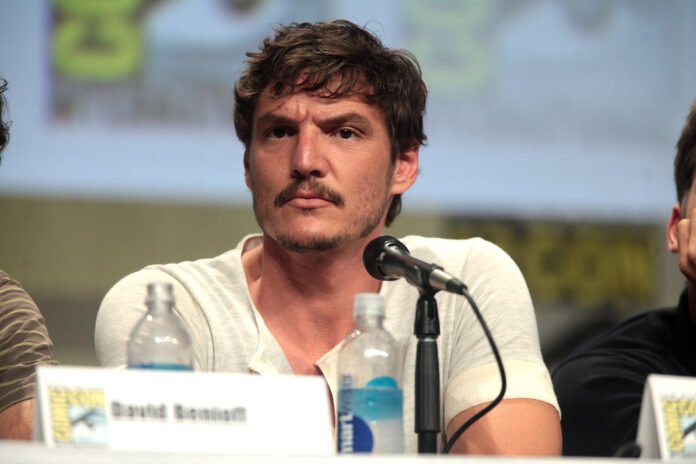The second season of The Last of Us just delivered one of the most harrowing TV moments in recent memory. In episode two, titled Through the Valley, viewers were left breathless as Pedro Pascal’s Joel met a brutal and unexpected end at the hands of Kaitlyn Dever’s Abby.
For many, this moment came as a heart-stopping surprise. But for those familiar with the video game series, it was less a twist and more a long-dreaded inevitability. Joel’s death wasn’t just foreshadowed – it was the worst-kept secret in gaming history. Yet, despite this, the execution (both literal and narrative) left audiences reeling.
Two Audiences, One Shocking Moment
The episode laid bare the divide between the show’s two core audiences. On one side, viewers who’ve never touched a controller, completely blindsided by Joel’s death. On the other, fans of The Last of Us Part II video game, released in 2020, who’ve had years to brace themselves.
READ MORE: ‘Grandpa Robbers’ to Face Trial Over Kim Kardashian Paris Jewel Heist
Still, even among the prepared, the emotional impact was seismic. Joel wasn’t just a character – he was the face of the series. He was the anchor. So to see him die so early, and so violently, felt akin to television’s infamous Red Wedding, but somehow more devastating.
A Narrative Seed Planted Long Ago
Joel’s death may have shocked new viewers, but clues were there all along. In fact, Pedro Pascal himself essentially confirmed it back in 2023 during an Esquire interview, hinting that the show would remain faithful to the game’s narrative arc. “It wouldn’t make sense to follow the first game so faithfully only to stray severely from the path,” he said.
And indeed, the show had already laid the emotional groundwork. At the end of season one, Joel slaughtered an entire hospital of Fireflies to save Ellie – a deeply selfish act, made from love. In doing so, he doomed the world’s chances of a cure. Such a blood-stained decision was bound to come with consequences. Abby, daughter of one of the fallen, became the embodiment of that reckoning.
The Difference Between Watching and Playing
The emotional mechanics of the TV series differ from those of the game, but both are powerful. In the game, you play as Ellie, desperately trying to save Joel. When you fail, the heartbreak is amplified by a crushing sense of helplessness. On screen, the show creates its own gravity – through pacing, tension, and the bleak knowledge of inevitability.
The visual storytelling in the lead-up to Joel’s death carefully crafted a mounting dread. Missed moments between Joel and Ellie, abrupt bursts of violence, and quiet reflection hinted that something monumental – and final – was about to happen.
The Boldest Move Yet: Making Us Root for Abby
If killing Joel was The Last of Us’s boldest move to date, what comes next may be even riskier: making us care about his killer. Viewers can expect the story to shift, placing Abby at the center – exploring her motivations, her guilt, and her humanity.
In the game, this narrative switch was met with mixed reactions. While critics praised its complexity, a vocal segment of players rejected it outright. Can the television adaptation succeed where the game faltered? Can it make Abby not just sympathetic, but a character audiences root for?
That remains to be seen. But with the strength of its writing, performances, and emotional nuance, The Last of Us just might pull it off.
A Masterpiece in Motion?
Joel’s death marked a pivotal turning point – narratively, emotionally, and structurally. It was risky, tragic, and perfectly timed. More than a plot device, it was a brutal consequence of a violent world where every action echoes. A world where love is both salvation and damnation.
If The Last of Us manages to carry its audience forward – past the loss of its central figure and into the complex emotional terrain ahead – then it may indeed solidify its place as one of television’s all-time greats.
